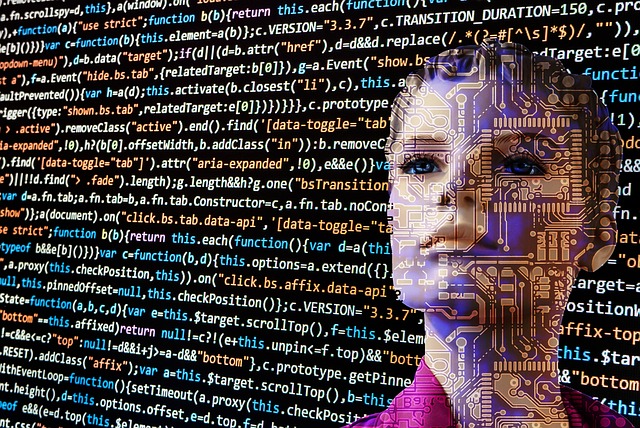How Artificial Intelligence is Changing Startups

For some time now, AI (Artificial Intelligence) has been enjoying the spotlight in the tech world. The reason why Artificial Intelligence is enjoying such popularity is not really that hard to believe as it is being referred to one of the most advanced technologies of the 21st century. The potential growth and applications are endless and many are excited about what AI can help us with moving forward.
One thing that still remains a question is the practical usage of Artificial Intelligence in our day to day lives. As powerful and advanced it may sound, one question that definitely needs answering is how it will be accepted in regular day to day life.
There are many who actually do not understand the true capabilities and capacity of AI. The wide misconception that people have about AI has made people wonder whether AI is actually overhyped or even over-promised. They are unsure of its abilities. Let’s discuss how we can use AI to help take startups to the next level. AI needs to be split into three different categories to fully understand how it’s making such an impact.
Constantly Evolving New and Improved Potential
The first wave of AI made a huge impact initially, especially in the sciences industries. The first wave of AI was used to optimize programs and advance engineering. The first practical uses for AI helped to find solutions to common problems and questions.
When it comes to startups, the first use of AI was the driving force behind several programs and apps that were designed to simplify and streamline day to day life, both personal and work related. “Amazon Alexa is a simple example to understand. Using AI, it allows its users to access information instantly, using only voice commands,” explains Dana VanDeCar, COO of Optimally Organic.
Various popular email extensions that are built based on AI is a workplace example. Some examples include Mixmax, Boomerang, and Clearbit. Most of the applications that are found on the app store these days — both Apple and Google Chrome — are AI technology based.
AI Automation and Analytics
Next wave of AI that we are going to be discussing is AI automation and analytics. From the time we developed machines that could actually learn also known as machine learning technology; Artificial Intelligence took its steps into the second wave. “Machine learning is designed in such a way that it executes certain tasks automatically, using statistical probability and other pattern recognition abilities,” explains Darryl Howard of NuWays MD, a stem cell therapy provider. Typically, large enterprises have been known to use machine learning to drastically improve the core processes of the business.
When it comes to utilizing AI in your own start-up, automation would be an area to focus on, as successfully finding out how to do more of something can really help you scale quickly. You can ensure your AI is a strategic advantage by letting a managed IT service provider work on your business’ IT.
“Think about how much your team would benefit if repetitive tasks, like sorting sales leads, dispatching customer service calls and sending invoices, could be automatically handled by AI. It’s a complete game changer,” says Jake Braun of ChopperExchange, a website that provides tips to sell your Harley. The integration of AI technology in regard to analytical tools is also booming in popularity. Startups are leveraging AI’s ability to gather data and then turn that into useable information to help improve certain processes and increase conversion rates.
Artificial Intelligence’s Future
The final phase of AI is its future, and this is the most exciting. “The public has only seen the very tip of AI’s capabilities, as the future applications in regard to what AI can do with raw data is incredible,” explains Luqman Khan, founder of the best non-stick grill pan review site Wireloo. Advanced AI technology has been known to be used by large companies like Johnson& Johnson, and these larger corporations will continue to spawn practical uses that will then trickle down to smaller companies and startups.
Startups should be excited about the future of AI for two reasons. Firstly, this technology has the potential to analyze large quantities of data and secondly, AI has the potential to automate any kind of repetitive tasks that are manual in nature, allowing startups to create a team of “workers” that complete tasks 24/7 and never require time off.
